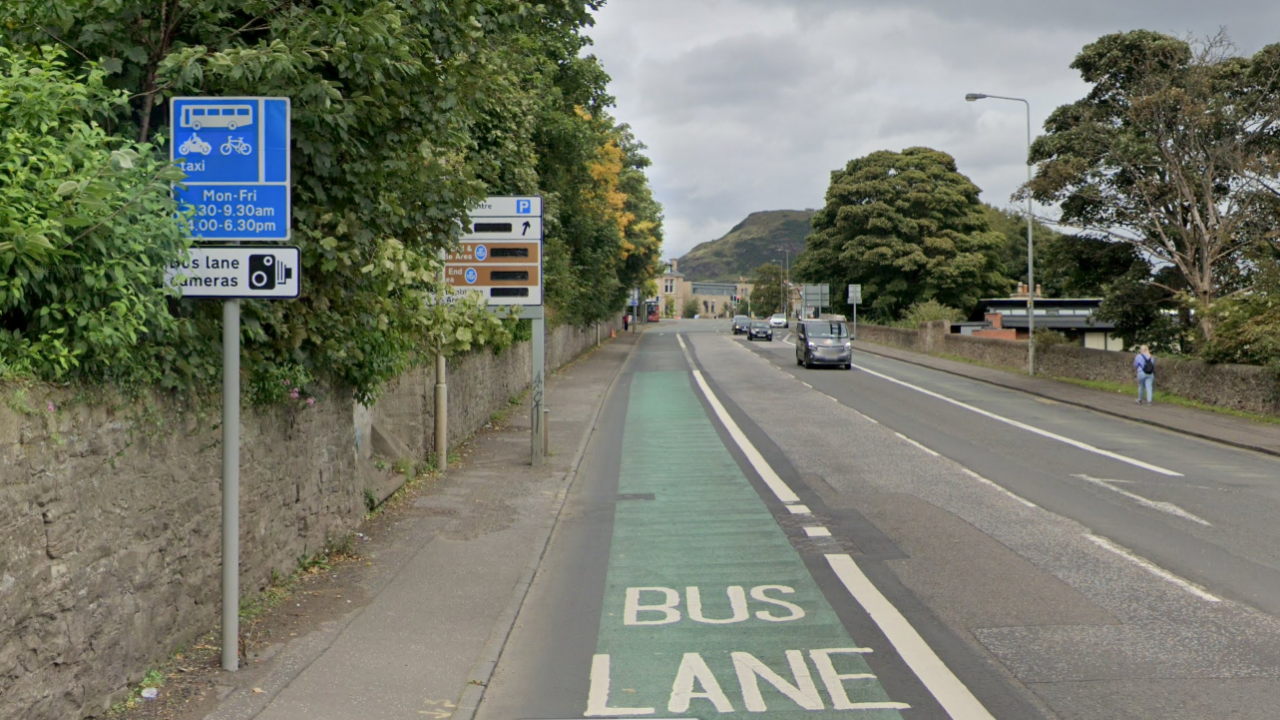Edinburgh City Council has written off more than £1.3m-worth of parking fines, after failing to collect more than 17,000 fixed penalty notices.
The council has also written off more than 3200 fines accrued by motorists using bus lanes in the capital, worth £284,960.
The most common reasons for avoiding fines is due to the vehicle being foreign, the DVLA having no record of the vehicle and the owner having no money or assets.
According to a report, due to be presented to councillors at a meeting of the finance committee on Thursday, March 4, more than 6500 of the fines were also written off due to the owners having “gone away”.
The report reads: “The Corporate Debt Policy allows a measured response to debt recovery, while recognising that a small proportion of the council’s overall income may not be collectable due to matters outside its control.
“Where a debt is assessed to be irrecoverable it is subject to a write-off process that is consistent with recognised accounting best practice.
“The council has sought to minimise the cost of write-offs by taking all appropriate action to recover what is due, with monies only being written off as a last resort after exhausting all other avenues.”
The council has also had to write off millions of pounds of debts owed for council tax, non-domestic rates and housing benefit overpayments.
In 2019/20, the council has written off £1.87m of council tax debt, £3.17m of owed non-domestic rate payments, and £428,783 of housing benefit overpayments the local authority was not able to recoup.
In total, the council has failed to collect £7.26m of the debt owed to it in 2019/20, however, this represents just 0.7% of the total collected payments in the same year, which total £1.03bn.
The report continues: “This report details write-off debt values which should be viewed in the context of overall value of income collected and housing benefit paid out and the percentage of debt written off, at 0.7%, is low compared with the sums involved.
“Parking and traffic enforcement have a higher percentage of write offs than other streams.
“This is consistent with historical trends and reflects the nature of the debt type.
“Where appropriate, debts will be secured through inhibitions and/or charging orders.
“Forty-eight per cent of the write off value identified under miscellaneous/sundry debt is underpinned by inhibitions.
“As a result of these actions any free proceeds from the future sale of the identified assets are used to settle the appropriate debt.
“The council will also continue to seek settlement through liquidation, administration and sequestration procedures relevant to the debt type.”
Story by local democracy reporter Joseph Anderson
Follow STV News on WhatsApp
Scan the QR code on your mobile device for all the latest news from around the country


 Google Maps
Google Maps




















